Galatians 2:11-21
Read Galatians 2:11-21
Helpful Background Information:
Even though many of the first followers of Jesus shared a Jewish heritage, Christianity quickly spread to people with all sorts of different backgrounds. By the time Paul was a missionary, historians believe there were just as many Gentiles (non-Jews) as there were Jews in the movement. This created a rather complicated new church family dynamic, so to speak—How could both Jew and Gentile followers of Jesus get along together despite their historic tensions?
It’s important to know that God originally entered into a covenant partnership with Abraham and his descendants to bring blessing to all humanity (Gen. 12:3). Then, God gave this community specific practices and observances in the Law to distinguish them from the other nations—outward signs like circumcision, dietary laws, and Sabbath to name a few.
As a result of this longstanding tradition from which the Jews traced their ancestry, there were many Jewish Christians who were convinced that non-Jews had to obey the Old Testament Law if they wanted to truly become part of God’s covenant family too. To put it short, they believed that Gentiles had to become Jewish before they could truly become Christian.
After Paul and Barnabas established churches throughout the largely Gentile region of Galatia (Acts 13-14), some Jews came to those Galatian churches and began undermining Paul’s teaching. They taught that Gentiles couldn’t be saved unless they received circumcision (Acts 15:1), with the implication that faith in Jesus and reception of the Holy Spirit were not enough. When Paul found out, he was both heartbroken and angry that the gospel was being distorted. The tension that followed had to be decisively resolved for the health of these early churches and the purity of the gospel to remain intact. In the meantime, Paul wrote his letter to the Galatians addressing this very issue.
Reflection Questions:
In many of the earliest church communities (like the ones in Galatia), there were people from various backgrounds with conflicting cultures. In these contexts, the apostle Paul believed it was essential to keep the main things the main things—what were the essentials according to Paul? (read Galatians 2:15-16; 3:7).
In a town like Wauseon, are there any cultural expectations that stand as obstacles between certain people and the gospel? If so, what are those obstacles? What kind of people do they hinder?
In your current community, what personal preferences might you have to set aside to preserve biblical unity? On the other hand, what are the essential things that you should not set aside? Close your time by praying and asking God to help you prioritize unity, uphold truth, and clarify the essentials.
